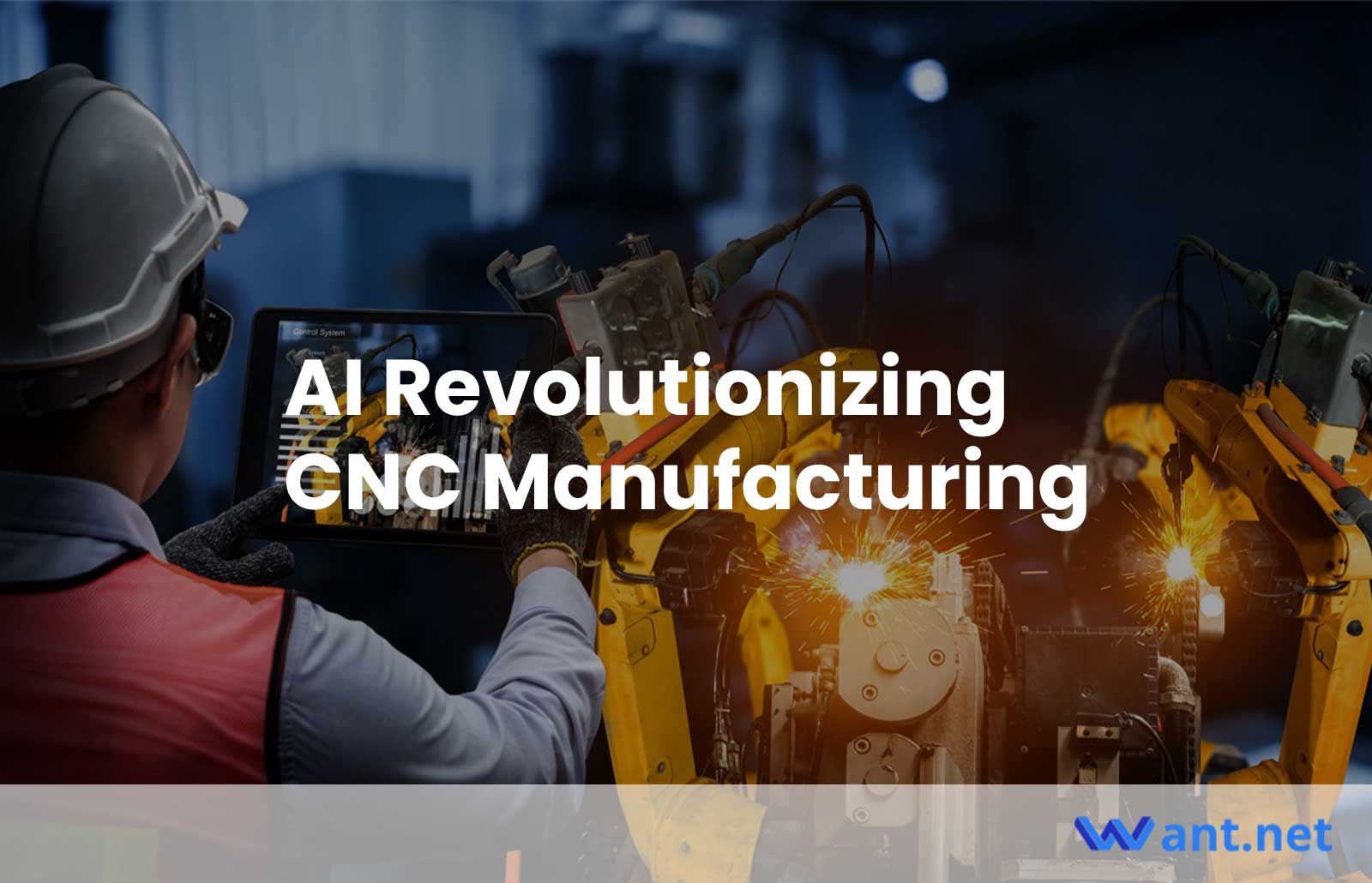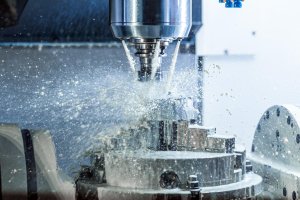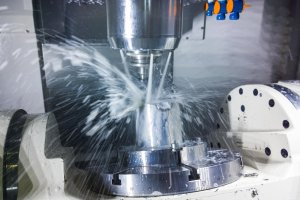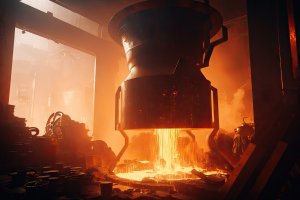In the realm of manufacturing, Artificial Intelligence (AI) is often hailed as the catalyst for growth. Unlike other sectors, the manufacturing industry is uniquely positioned to reap the benefits of AI applications. For years, CNC machining has dominated manufacturing services, but the advent of AI technology has posed a threat to its stronghold.
AI, once confined to academic research, has now become a mainstream technology, with machine learning and deep learning leading the charge. This shift has the potential to positively impact various industries, including manufacturing.
AI is ushering in a new era of industrial development, revolutionizing mechanical, electrical, and digital technologies. It is now ready to drive the fourth revolution, known as “Industry 4.0.”
When we envision AI, it’s easy to conjure thoughts of super-intelligent computers and robots usurping humanity. However, this is far from the truth.
AI involves the operation of algorithms that continuously optimize themselves through machine learning—a process that holds immense promise.
This technology seeks to revolutionize the world and transform the way prototype manufacturing is approached. Exciting applications of AI-assisted CNC prototyping are already leading the way.
CNC Machining’s Transformation: How AI Is Making an Impact
The application of AI technology is already transforming the manufacturing sector, resulting in significant reductions in unplanned downtime and improved product design. Manufacturers are utilizing AI analytical data to enhance efficiency, quality, and employee safety.
1. Direct Automation
Artificial Intelligence plays a central role in industrial manufacturing, facilitating the transition to mass production. Robots can perform repetitive tasks with unparalleled precision, boosting efficiency, enabling automation solutions, designing production models, ensuring high-quality output, and eliminating human error.
These AI-powered robots are equipped with advanced sensing capabilities, enabling them to adapt to dynamic production environments. They can detect variations in material properties, adjust process parameters in real-time, and optimize the manufacturing process for enhanced productivity and consistency.
2. Non-Stop Production
While humans work in shifts to ensure continuous production, robots operate 24/7 on the production line. With this capability, businesses can grow and expand their production capacities to meet market demand effectively.
AI-enabled predictive maintenance systems ensure the seamless operation of CNC machines by constantly monitoring their performance. By analyzing real-time sensor data, AI algorithms can identify potential machine failures before they occur, allowing for proactive maintenance and minimizing costly downtime.
3. Enhanced Operational Safety
By integrating AI, hazardous and physically demanding work can be entrusted to robots, minimizing the risk of accidents in the workplace. Collaborative robots, also known as cobots, work alongside human operators, creating a safer and more productive working environment.
AI-powered safety systems use computer vision and machine learning algorithms to identify potential safety hazards in real-time. These systems can detect human presence, monitor movement patterns, and automatically stop or adjust robot operations to prevent accidents.
4. Procreative Product Design for Better Results
AI is revolutionizing product design methodologies. One such method is generative design software, where engineers and designers input brief details into AI algorithms. These details include parameters such as material type, available production methods, budget constraints, and time limitations.
AI algorithms explore various solutions and propose the most optimal design through machine learning. This approach offers valuable insights into the most effective design choices. It enables designers to generate multiple design options based on specified constraints, allowing for greater creativity, efficiency, and innovation in the prototyping process.
5. Adaptability in a Dynamic Market
AI is a key element of the Industry 4.0 revolution, and its applications extend beyond production processes. Companies leverage AI to anticipate market changes, allowing management to proactively devise strategies to counter market fluctuations.
AI provides market estimates by analyzing patterns from various factors such as geographic locations, macroeconomic indicators, political status, socio-economic factors, and consumer behavior. This gathered information guides the manufacturing service sector in staffing, inventory control, raw material supply, and energy consumption.
Additionally, AI-powered demand forecasting models help optimize production planning and inventory management. By analyzing historical sales data, market trends, and external factors, these models provide accurate predictions of future demand, enabling manufacturers to align their production capabilities with market needs effectively.
Conclusion
Artificial Intelligence has the potential to improve and extend the proficiencies of humans, benefiting businesses by enabling faster and more efficient operations. The technology addresses critical internal challenges faced by the CNC manufacturing service industry, such as a shortage of experts for complex decision-making, integration issues, and information overload.
Through cloud computing, AI optimization mechanisms, diagnostic abilities, and self-modification, prototype manufacturing is positively linked with more manufacturing services. This collaboration signifies a promising future for the CNC manufacturing industry with the invaluable assistance of Artificial Intelligence. The integration of AI in CNC machining brings forth unprecedented opportunities for enhanced productivity, improved quality control, and increased operational safety. As businesses embrace this AI-powered revolution, they position themselves for growth and competitiveness in the ever-evolving manufacturing landscape.
Recommended Reads
- How To Choose The Right CNC Machining Manufacturer in China
- What is a CMM Machine?
- How To Prepare Your Drawings For CNC Milling
- Select The Right Cutting Tools For CNC Machining
- How to Create Better Engineering Drawings that Machining Manufacturers Like
Related Posts
- Precision CNC Machining for High-Performance Industrial Machinery
Precision CNC Machining for High-Performance Industrial Machinery The process of Precision CNC (Computer Numerical Control) machining is at the core of manufacturing high-performance industrial machinery. This technique leverages a computer's…
- CNC Machining for Medical Applications: Compliance and Material Selection?
Introduction to CNC Machining in Medical Applications CNC or Computer Numerical Control machining is a manufacturing process wherein pre-programmed computer software dictates the movement of factory tools and machinery. This…
- Material Versatility in CNC Machining: From Titanium to Thermoplastics
Introduction to CNC Machining CNC machining stands as a cornerstone in the manufacturing sector, enabling the precise creation of parts and components. This process utilizes computer numerical control (CNC) to…








